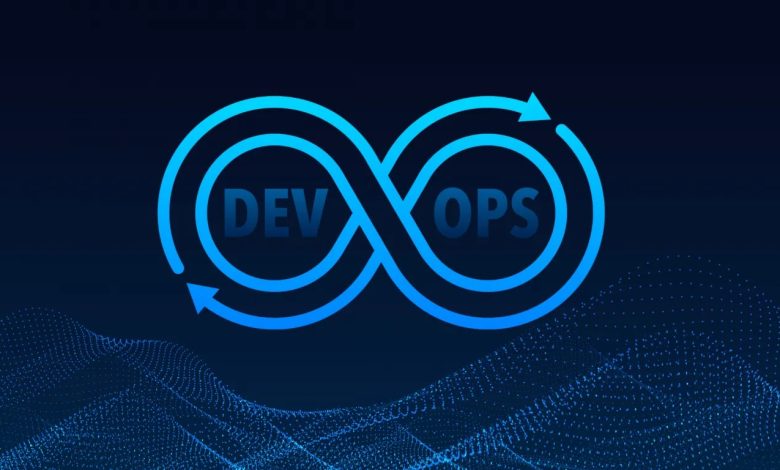DevOps Explained: Why Developers Should Care

DevOps is more than a buzzword—it is a cultural and technical approach that bridges development and operations. By adopting DevOps practices, developers can deliver software faster, more reliably, and with higher quality.
In this article, we’ll explore what DevOps is, why it matters for developers, and how to implement its practices effectively.
1. What is DevOps?
- DevOps is a combination of development (Dev) and operations (Ops) aimed at improving collaboration and automating software delivery.
Core objectives:
- Improved collaboration between teams
- Continuous integration and delivery
- Faster deployment
2. Key Components of DevOps
2.1 Continuous Integration (CI)
- Developers merge code changes frequently into a shared repository.
- Automated builds and tests ensure errors are detected early.
2.2 Continuous Delivery (CD)
- Code changes are automatically prepared for deployment to production.
- Enables faster release cycles and reliable updates.
2.3 Infrastructure as Code (IaC)
- Manage infrastructure using code scripts instead of manual configuration.
- Tools: Terraform, Ansible, CloudFormation
2.4 Monitoring and Logging
- Continuous monitoring of applications and infrastructure helps identify and resolve issues proactively.
- Tools: Prometheus, Grafana, ELK Stack
3. Why Developers Should Care
Faster Feedback Loops
- Automated testing and CI/CD pipelines catch errors before production, saving time and frustration.
Collaboration with Operations
- Reduces conflicts between development and operations teams.
- Improves understanding of deployment, scaling, and maintenance.
Career Growth
- DevOps knowledge is highly sought after, opening doors to DevOps engineer roles or full-stack positions.
Higher Code Quality
- Automation, testing, and monitoring improve code reliability and maintainability.
4. Essential DevOps Tools
| Area | Tools |
|---|---|
| Version Control | Git, GitHub, GitLab |
| CI/CD | Jenkins, GitHub Actions, CircleCI |
| Configuration Management | Ansible, Puppet, Chef |
| Containerization | Docker, Kubernetes |
| Monitoring | Prometheus, Grafana, ELK Stack |
| Cloud Platforms | AWS, Azure, Google Cloud |
5. Best Practices for Developers
- Automate Everything: Build, test, deploy, and monitor automatically.
- Collaborate Across Teams: Communicate with ops to understand system constraints.
- Learn Scripting and Cloud Skills: Familiarity with Python, Bash, and cloud services is essential.
- Focus on Security: Integrate security checks into CI/CD pipelines (DevSecOps).
6. Common Misconceptions
- “DevOps is only for operations teams” – False, developers play a critical role in CI/CD, testing, and deployment.
- “DevOps replaces developers” – False, it enhances development efficiency and collaboration.
Conclusion
DevOps is a game-changer for modern software development, empowering developers to deliver higher quality software faster while improving collaboration across teams.
Understanding DevOps practices, tools, and principles is no longer optional—it’s essential for developers who want to thrive in today’s fast-paced tech environment.

